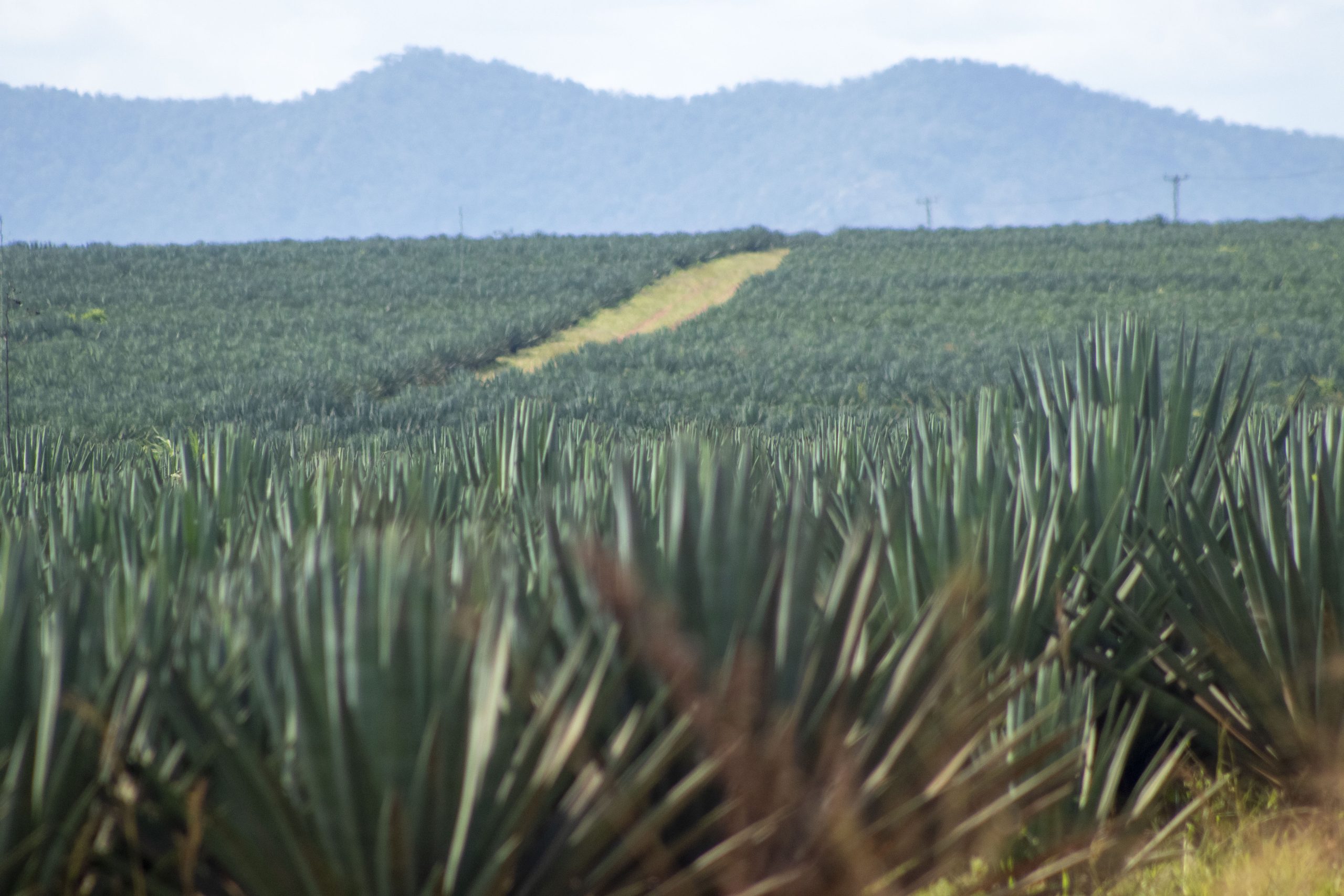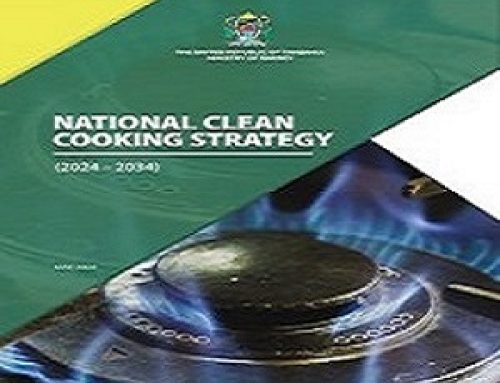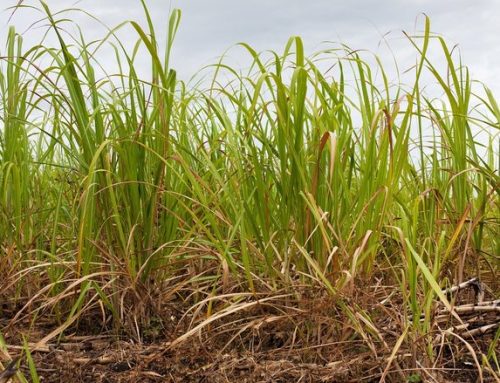In Tanzania, where the majority of households rely on charcoal and firewood for cooking, the transition to cleaner and more sustainable cooking fuels is essential for both environmental conservation and public health. One promising solution on the horizon is bioethanol, a renewable fuel derived from organic materials such as sugarcane, maize, or cassava. Let’s explore how bioethanol can unlock a sustainable cooking future for Tanzania.
1. Environmental Benefits: Bioethanol offers significant environmental advantages over traditional cooking fuels. Unlike charcoal and firewood, which contribute to deforestation and air pollution, bioethanol production utilizes organic waste materials or dedicated energy crops, reducing reliance on finite natural resources and minimizing carbon emissions. By switching to bioethanol, Tanzanian households can play a crucial role in preserving forests and mitigating climate change.
2. Healthier Cooking Practices: Indoor air pollution from cooking with charcoal or firewood poses serious health risks, particularly for women and children who are exposed to harmful smoke on a daily basis. Bioethanol stoves, on the other hand, produce minimal smoke and emissions, leading to improved indoor air quality and reduced respiratory illnesses. By embracing bioethanol as a cooking fuel, Tanzanian families can protect their health and well-being while enjoying cleaner and safer cooking environments.
3. Economic Opportunities: The adoption of bioethanol also presents economic opportunities for Tanzania. By promoting local production of bioethanol from agricultural residues or energy crops, the country can create new revenue streams for farmers and stimulate rural development. Additionally, investments in bioethanol infrastructure and technology can generate jobs and stimulate economic growth in the renewable energy sector, contributing to Tanzania’s sustainable development goals.
4. Supporting Innovation and Research: To realize the full potential of bioethanol as a sustainable cooking solution, continued investment in research and innovation is crucial. Research institutions, government agencies, and private sector partners can collaborate to develop efficient bioethanol production processes, improve stove technology, and address any challenges associated with widespread adoption. By supporting research and innovation in the biofuel sector, Tanzania can pave the way for a brighter, cleaner, and more sustainable future.
In conclusion, bioethanol holds immense promise as a sustainable cooking fuel for Tanzania, offering environmental, health, and economic benefits for communities across the country. By embracing bioethanol and investing in its development and adoption, Tanzania can take significant strides towards a greener and more prosperous future for all.





